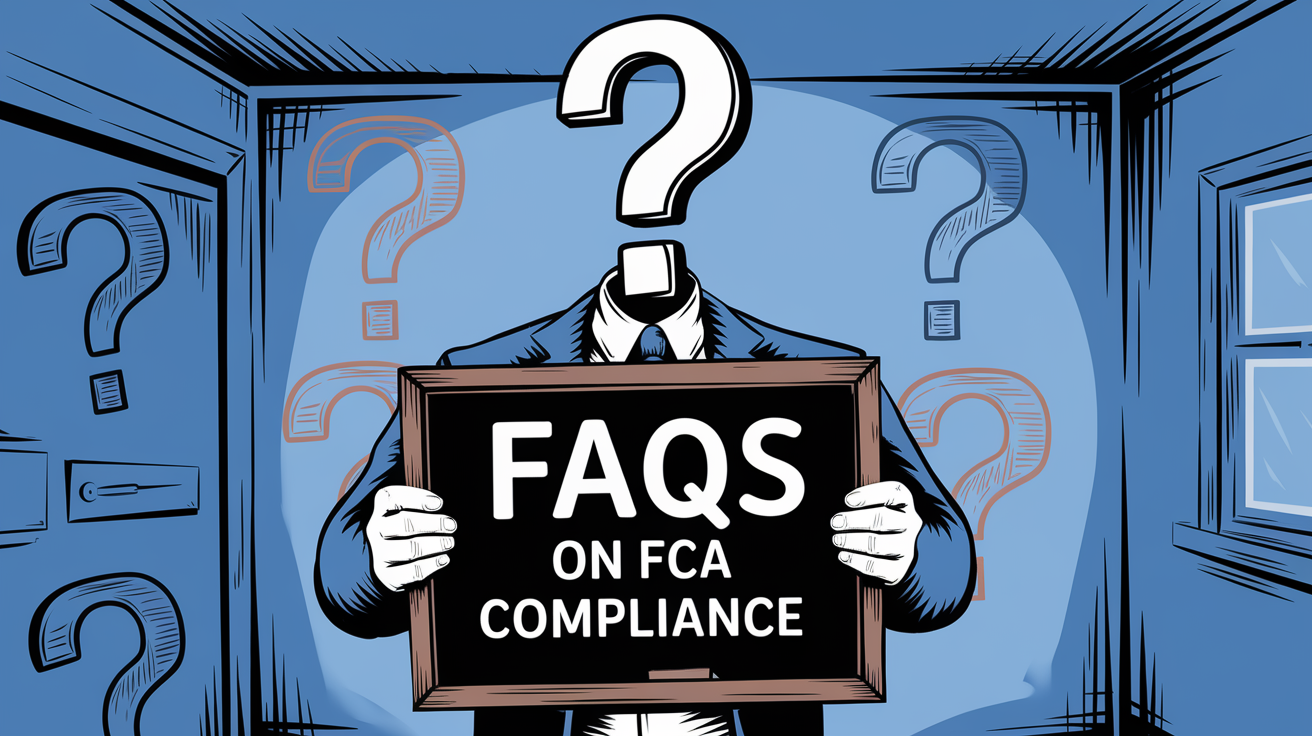
What Are the Penalties for FCA Non-Compliance?
The Financial Conduct Authority (FCA) plays a crucial role in ensuring that firms adhere to financial regulations designed to protect consumers and maintain the integrity of the financial markets. Non-compliance can lead to severe penalties, making it vital for businesses to understand the implications. This article explores the penalties for FCA non-compliance, the reasons for such non-compliance, the enforcement process, and best practices to prevent issues.
-
Understanding the FCA
The Financial Conduct Authority (FCA) is an independent regulatory body that oversees financial firms and markets in the UK. Its primary responsibility is to protect consumers, ensure market integrity, and promote competition. Compliance with FCA regulations is essential to uphold these standards and maintain trust in the financial system.
-
Common Reasons for FCA Non-Compliance
Non-compliance often arises from various fundamental issues:
- Financial Crime Prevention Failures: Firms may fail to implement adequate anti-money laundering (AML) measures, leading to penalties.
- Mis-selling and Misleading Advertisements: Offering products or services in a misleading manner can result in significant fines and sanctions.
- Inadequate Risk Management: Not effectively identifying and managing financial risks can lead to regulatory actions.
- Failing to Uphold Consumer Rights: Non-compliance with consumer protection rules may damage trust and incur penalties.
-
Types of Penalties for FCA Non-Compliance
Firms that fail to comply with FCA standards may face various penalties, including:
3.1. Financial Penalties
Fines imposed by the FCA are substantial and often calculated based on the nature of the violation, the profit gained, and whether the wrongdoing was deliberate.
3.2. Regulatory Sanctions
These can include restrictions on business operations, such as the suspension of a firm’s licence or limitations on certain activities.
3.3. Criminal Prosecution
In extreme cases of non-compliance, individuals may face criminal charges leading to imprisonment. Historically, this has occurred in grave violations involving fraud.
3.4. Reputational Damage
Long-lasting reputational harm can result from regulatory actions, affecting customer trust and business operations. This can have a ripple effect on market positioning and profitability.
-
The Penalty Process
Understanding the process following non-compliance is crucial for firms:
4.1. Investigation Procedures
When a breach is suspected, the FCA conducts a thorough investigation, gathering evidence and assessing compliance.
4.2. Outcomes of an Investigation
Depending on their findings, the FCA may issue fines, publish warning notices, or impose restrictions on businesses.
4.3. Appeal Process
Firms found in violation can appeal FCA decisions through a formal process, seeking a review of the penalties.
-
-
Preventing FCA Non-Compliance
-
Proactively maintaining compliance is essential:
- Best Practices: Firms should develop robust compliance frameworks tailored to regulations and operational needs.
- Regular Audits and Training: Conducting regular compliance audits and staff training sessions helps reinforce understanding of FCA requirements.
- Role of Compliance Officers: Appointing dedicated compliance officers ensures constant oversight and adherence to regulations.
Conclusion
Understanding the penalties for FCA non-compliance is vital for all firms operating in the financial sector. Avoiding non-compliance not only protects a firm from significant penalties but also helps maintain consumer trust and stabilise the financial services industry. Prioritising compliance and implementing best practices can mitigate risks and foster a culture of accountability and integrity.
To Contact Us
Tel; UK 0800 689 0190, International +44 207 097 1434
Email: info@complianceconsultant.org
Or Book A Discovery Call with us by clicking the picture below!
You may also find these posts of interest
FCA Risk Assessment and Management
Reporting Requirements for FCA Compliance
What is FCA Compliance and Who Needs It?
How Often Should Companies Review Compliance?

